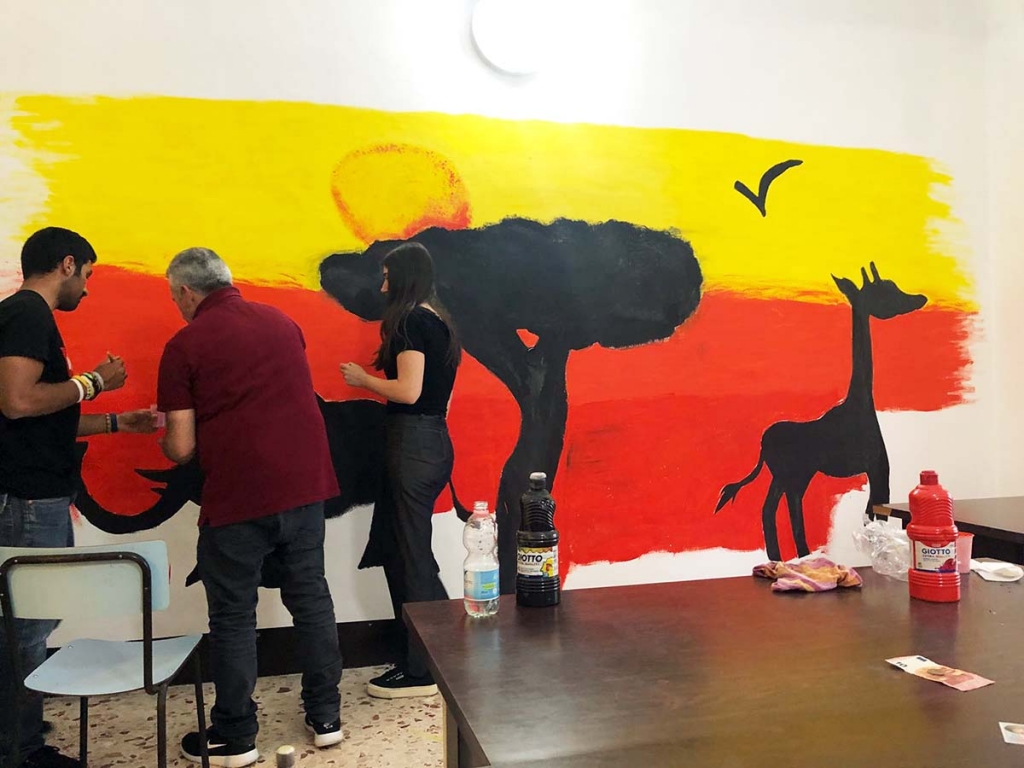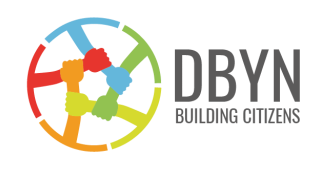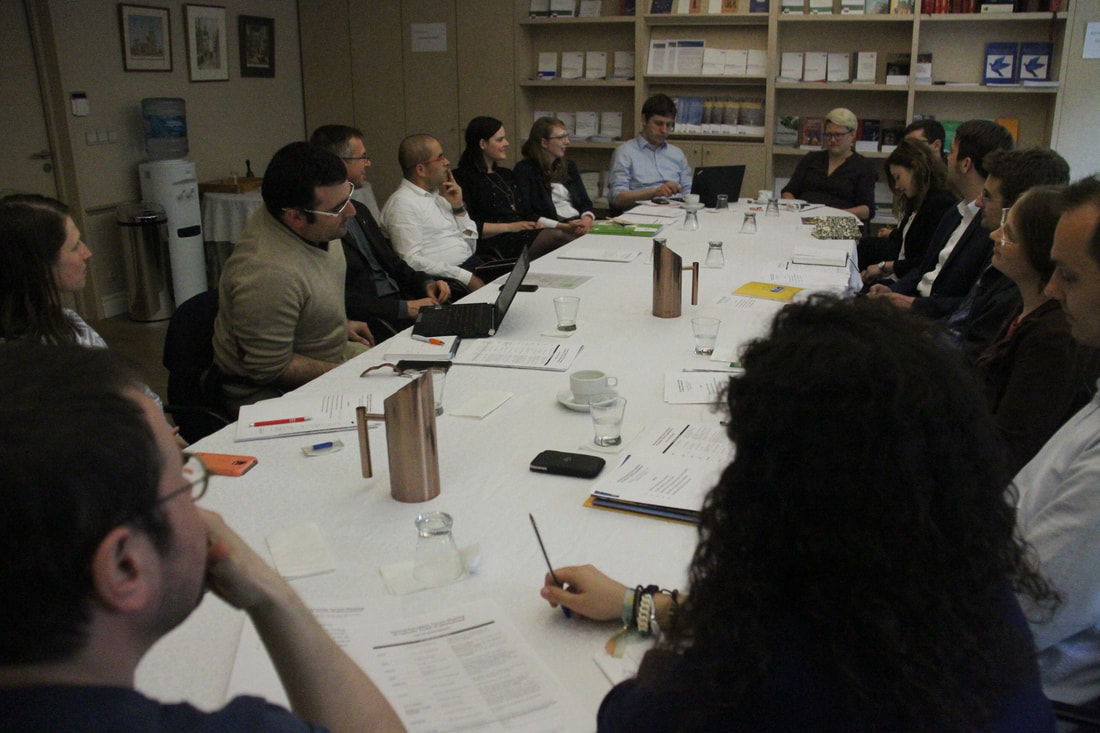 They are children and young people who come by sea, on old boats that are unstable and overloaded, risking their lives almost to every wave. Often they do not understand Italian well and certainly are not aware of all their rights, nor of what awaits them. If they left on their own, or remain alone on arriving, what they may find is a future as clandestines, marginalized. But sometimes, things go differently, because there are also people who do think of them: like the Salesians of the "San Gregorio" community of Catania, in Sicily, which inaugurated a new house yesterday, May 2; its name: Najma, which means star in Arabic. The phenomenon of Unaccompanied Foreign Minors (MSNA) is clearly growing in Italy. And behind every statistical number, there is a life, an existence, that has been uprooted and completely isolated, exposed to forms of social risk such as crime, abuse, violence, poverty ... To offer human and Christian solutions to this phenomenon, the "Salesians for Social - SCS / CNOS Federation" started "M'interesso di te", or “I take interest in you, care for you”, at the beginning of 2018, a program which includes, among other tasks within Catania's Salesian world, the San Gregorio Center, on the outskirts of the city. As early as February, street educators, counselors, psychologists, lawyers and volunteers have been guaranteeing each child intercepted their support and protection, but only yesterday did the Salesians of San Gregorio and the Associazione MetaCometa Onlus officially inaugurate their headquarters. Present at the opening: the Provincial of the Salesians of Sicily, Fr Giuseppe Ruta, the Vicar General of the Archdiocese of Catania, Mgr. Salvatore Genchi, and institutional figures of both the Christian and Muslim religious, civil and social world. At the Catania's Najima "low threshold" center (ie for people in extreme difficulty), the so-called "invisible migrants" - MSNAs or recently of adult age - have the chance to wash, eat hot meals, rest, participate in activities of recreation and socialization. The "Najma" reception center also carries out social mediation work with related institutions and offers orientation courses for study and work, with the creation of study grants and job grants. Since many of the "invisible migrants" are exposed to the risk of addictions, health problems and exploitation, a legal advisory service is also available to them, both criminal and civil, and support in processing their personal document. http://www.infoans.org/en/sections/news/item/5387-italy-najma-house-for-invisible-migrants
1 Comment
On 26th April, in the premises of COMECE (Commission of Bishops’ Conferences in the EU) took place the first European gathering of International Catholic Youth Organisations, in which Don Bosco International, as a facilitator and coordinator of the meeting, and Don Bosco Youth-Net as one of the most active Catholic Youth Organisation were represented.
The meeting was opened by Fr. Olivier Poquillon op, secretary general of COMECE, very supportive of this process, as there is a clear need and will from the bishops’ representation in Brussels to have young people’s voices heard by the institutions. The content of the meeting was very diverse: the presence of some organisations in the European Youth Forum, the new policy updates at EU level (such as the new Erasmus+, European Youth Strategy or the difficulties with the current EU grants), the work done with migrants and refugees by the different youth organisations, and the follow up of the Synod on Youth, in order to find possible ways to establish social and political dialogue with different stakeholders at national and EU level. |
DBYNIn this blog, Don Bosco Youth-Net collects and publishes its news, VLOGS, policy statements and other information linked to our advocacy work. Categories
All
Archives
February 2024
|
- Home
- About
-
Training
- Upcoming activities >
-
Past activities
>
- Youth Guardians
- Rise: Design for emergent futures
- Mental Health in Youth Work
- Yout(h)echnology
- European School of Animators 2023
- The Future is Europe
- Voices of Youth 2022
- Educate to Elevate Youth
- SoS-Safeguarding
- Play It Covid-Safe!
- Coping over coffee
- Statement Coronavirus
- I Youth Advocate
- Camino
- European Summer School of Animators 2019
- The Journey Never Ends
- European Summer School of Animators
- Ready, Steady, Go !
- Advocates for Education
- Common ground
- Rise Up !
- DB4R >
- En Route >
- All Alien
- You(th) for Human Rights
- Generations of Participation - Past training
- Advocacy
- Resources
|
The international secretariat of Don Bosco Youth-Net ivzw is financially supported by the European Union, through its 'Erasmus+'-programme, and by the Council of Europe, through its 'European Youth Foundation'. This website is a publication of Don Bosco Youth-Net ivzw. The website reflects the views only of the author, and neither the European Commission nor the Council of Europe can be held responsible for any use which may be made of the information contained therein.
|


 RSS Feed
RSS Feed
